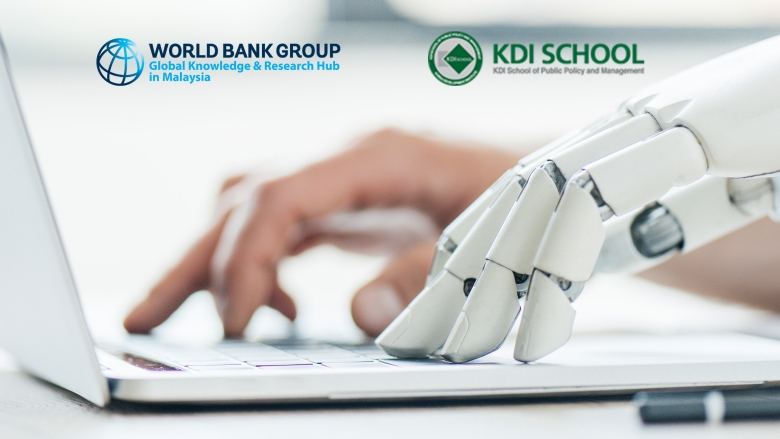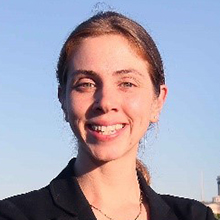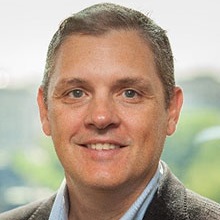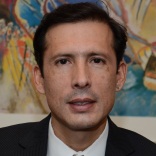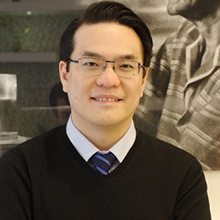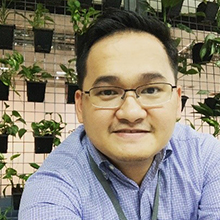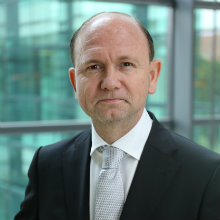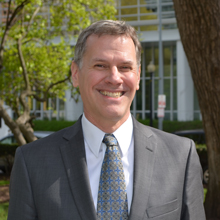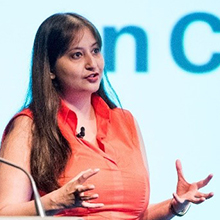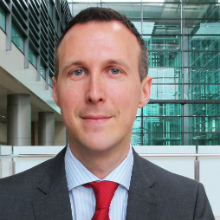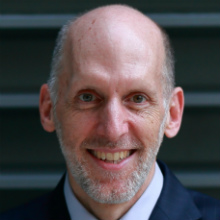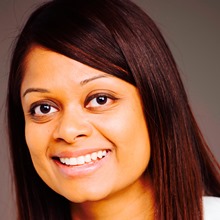The international workshop, Learning and the Future of Work, is organized by the World Bank Knowledge and Research Hub in Malaysia, in collaboration with the Korea Development Institute (KDI) School.
To ground the discussion, the main messages of the latest two World Development Reports will be presented. The WDR 2018 stressed the importance of learning in order for education to fulfill its potential, while the WDR 2019 analyzed how jobs and workers will likely change in coming years and decades. The connection between the two themes is evident: a crucial way to prepare for the jobs of the future is learning and acquiring the relevant skills looking forward.
Panels of experts from Malaysia, East Asia, and beyond will then discuss whether and how the main lessons from these WDRs are relevant for their countries and the challenges of implementation of the reports’ policy recommendations. The one-day workshop has been designed so that the morning will be devoted to the future of work (WDR 2019), while the afternoon will deal with learning (WDR 2018) and the connection between both themes.
Join us on Live Chat: Workshop will be live-streamed, allowing for online audience participation (only available during the workshop).
